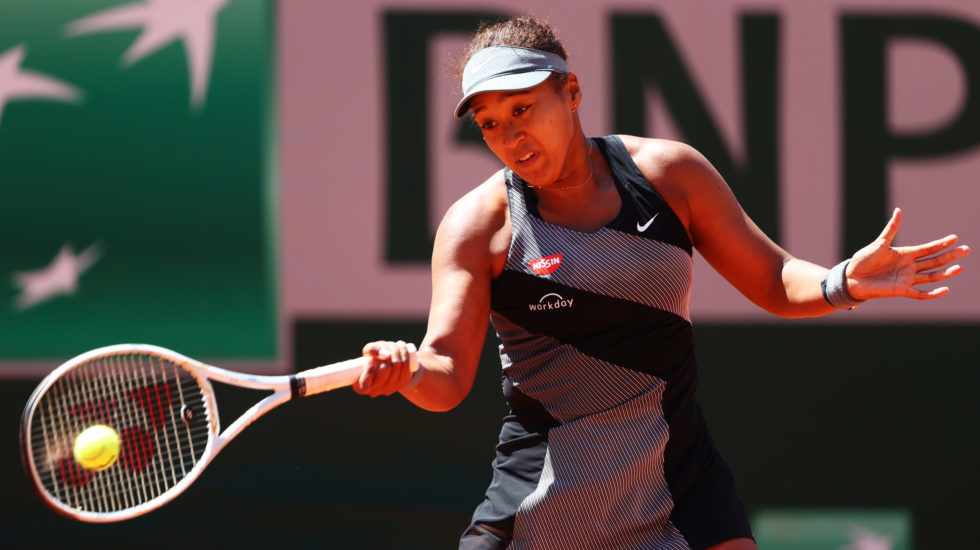Tennis superstar Naomi Osaka’s stunning withdrawal from the French Open has turned the spotlight on mental health and its impact on professional athletes.
Osaka, the world’s #2-ranked player and a four-time majors champion, announced her decision to withdraw from the tournament with a statement she posted on Twitter. It came after she was threatened with fines and possible expulsion from Roland Garros, the site of the event, if she continued to skip the mandatory post-match press conferences.
Osaka’s decision came about because of what she called “huge waves of anxiety” that she felt during the media sessions. In her statement she pointed out that she didn’t have a specific reason for skipping the mandatory press conferences. But she admitted that she’s battled depression and combined with her lack of comfort in public speaking, she felt that it was in her best interests to exercise “self-care” and not meet with the media. Grand Slam tournament rules however, dictate that a player could face fines of up too $20,000 for missing press conferences.
However, the immediate reaction to Osaka’s decision, especially from her fellow pros, has been almost uniformly positive. Serena Williams, arguably the greatest tennis star of all time, offered her support after her first-round win at Roland Garros and said she understood the anxiety Osaka feels about meeting with the press after a match.
Osaka’s decision to leave the tournament seems to have made an impact on the officials who run the sport. The heads of tennis’ four “grand slam” events — the French, Australian, U.S. Open and Wimbledon — all pledged in a statement issued on Tuesday to address the concerns over players’ mental health moving forward. The statement called mental health an issue that is “both complex and personal.” The tournament officials also promised to work with players, the tours and media “to improve the player experience at our tournaments,” while specifically offering assistance to Osaka.
“On behalf of the Grand Slams, we wish to offer Naomi Osaka our support and assistance in any way possible as she takes time away from the court. She is an exceptional athlete and we look forward to her return as soon as she deems appropriate.”
For far too long, mental health has not been given the same level of scrutiny in pro sports as physical injuries. That could start to change now, given that Osaka, one of tennis’ brightest stars, has brought so much attention to it. On CNN’s “New Day” this morning, sports psychologist Jarrod Spencer discussed it in detail.
It’s too early to know if Osaka will play at Wimbledon, which is coming up in less than a month, or even at the Summer Olympics in Tokyo.
The sad irony of this entire situation was highlighted by NBC tennis analyst Mary Carillo, who told the NBC’s Today Show that the last thing Naomi Osaka wanted was to be the center of attention at the French Open. And yet, that is exactly what happened.



